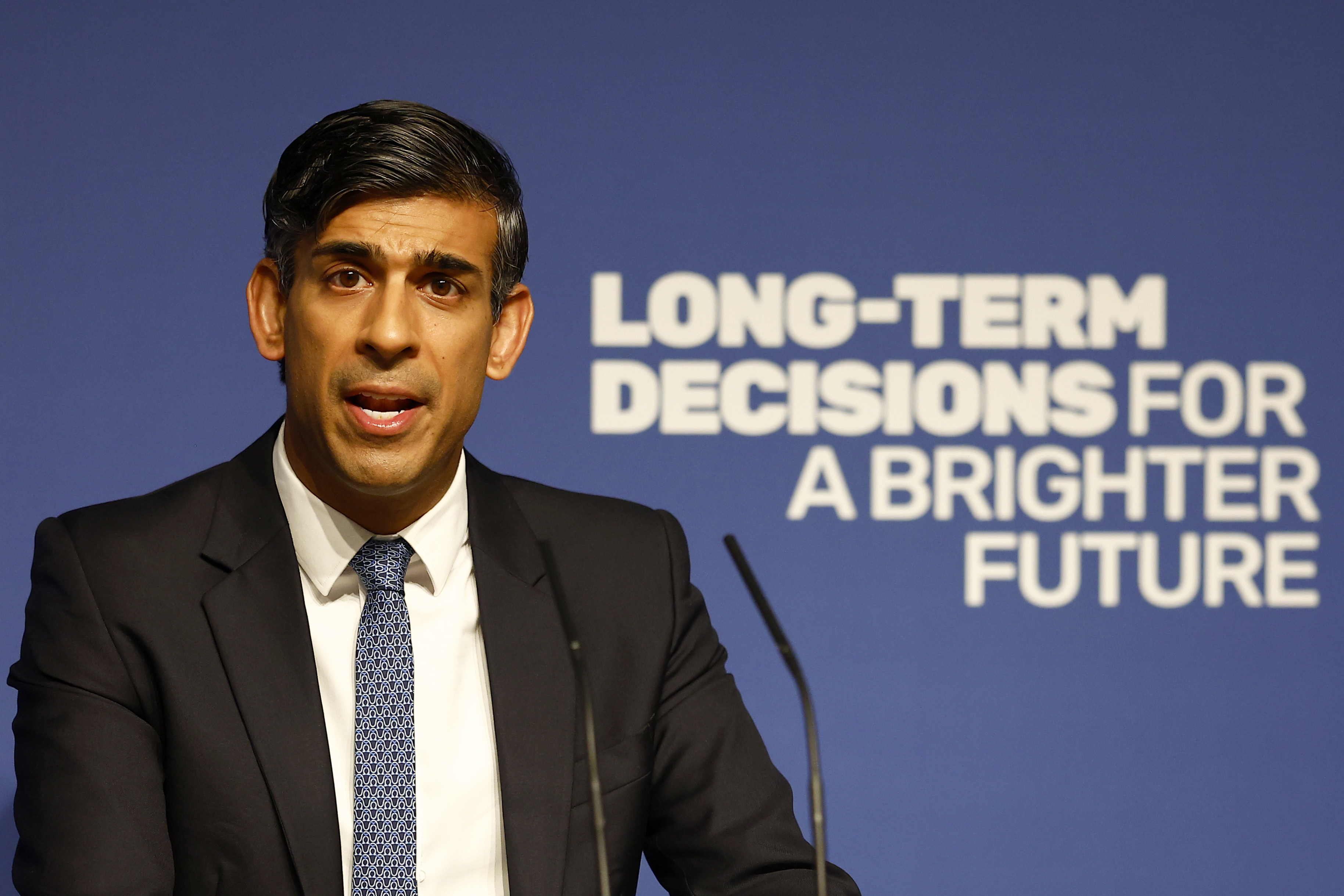Government looks to tighten RIPA
The Home Office wants to stop so many 'trivial' uses of the Regulation of Investigatory Powers Act (RIPA).


The Home Office has announced it will tighten up the use of the Regulation of Investigatory Powers Act (RIPA), to prevent it being used by local authorities for trivial matters.
RIPA gives the government the power of surveillance to fight crime, but it has been controversially used to tap communications data to check up on council matters such as school zoning, putting bins out and more. Half a million requests were allowed on communications data last year alone.
Under the new plans, local authorities will face a higher authorisation level to use RIPA, with a senior executive approving the use of communications data or surveillance, with elected councillors overseeing the use of the act.
The Home Office said the new code of practice would also "clarify the test of necessity and proportionality so techniques will not be used to investigate dog fouling or people putting bins out a day early."
In addition, covert surveillance would be limited to a select number of public bodies, and communications between people and their council will be deemed confidential, and require a higher level of authorisation.
However, the Home Office made it clear, that councils would still be able to use RIPA. "Many of the investigations that rely on the techniques regulated by RIPA are vital to protecting public safety - not just for serious crime and terrorism - and they can also make a real difference to people's everyday lives," it said in a statement. "For example, by stopping rogue traders or trapping fly tippers who dump tonnes of rubbish on an industrial scale."
Policing Minister David Hanson MP added: "There is no doubt that a wide range of public authorities need to be able to authorise surveillance under RIPA in order to protect us from those who would do us harm. But it is equally clear that public authorities must respect our right to privacy and only use techniques under RIPA when it is necessary and proportionate to do so."
Get the ITPro daily newsletter
Sign up today and you will receive a free copy of our Future Focus 2025 report - the leading guidance on AI, cybersecurity and other IT challenges as per 700+ senior executives
The plans were developed after a public consultation which received 222 responses.
Freelance journalist Nicole Kobie first started writing for ITPro in 2007, with bylines in New Scientist, Wired, PC Pro and many more.
Nicole the author of a book about the history of technology, The Long History of the Future.
-
 ‘Archaic’ legacy tech is crippling public sector productivity
‘Archaic’ legacy tech is crippling public sector productivityNews The UK public sector has been over-reliant on contractors and too many processes are still paper-based
By Emma Woollacott
-
 Public sector improvements, infrastructure investment, and AI pothole repairs: Tech industry welcomes UK's “ambitious” AI action plan
Public sector improvements, infrastructure investment, and AI pothole repairs: Tech industry welcomes UK's “ambitious” AI action planNews The new policy, less cautious than that of the previous government, has been largely welcomed by experts
By Emma Woollacott
-
 UK government trials chatbots in bid to bolster small business support
UK government trials chatbots in bid to bolster small business supportNews The UK government is running a private beta of a new chatbot designed to help people set up small businesses and find support.
By Emma Woollacott
-
 FTC announces probe into big name AI investments
FTC announces probe into big name AI investmentsThe inquiry will examine the relationship between major cloud providers and AI companies, including Microsoft and OpenAI
By George Fitzmaurice
-
 The UK's hollow AI Safety Summit has only emphasized global divides
The UK's hollow AI Safety Summit has only emphasized global dividesOpinion Successes at pivotal UK event have been overshadowed by differing regulatory approaches and disagreement on open source
By Rory Bathgate
-
 Rishi Sunak’s stance on AI goes against the demands of businesses
Rishi Sunak’s stance on AI goes against the demands of businessesAnalysis Execs demanding transparency and consistency could find themselves disappointed with the government’s hands-off approach
By Rory Bathgate
-
 UK aims to be an AI leader with November safety summit
UK aims to be an AI leader with November safety summitNews Bletchley Park will play host to the guests who will collaborate on the future of AI
By Rory Bathgate
-
 AI-driven net zero projects receive large cash injection from UK gov
AI-driven net zero projects receive large cash injection from UK govNews Funds have been awarded to projects that explore the development of less energy-intensive AI hardware and tech to improve renewables
By Rory Bathgate

